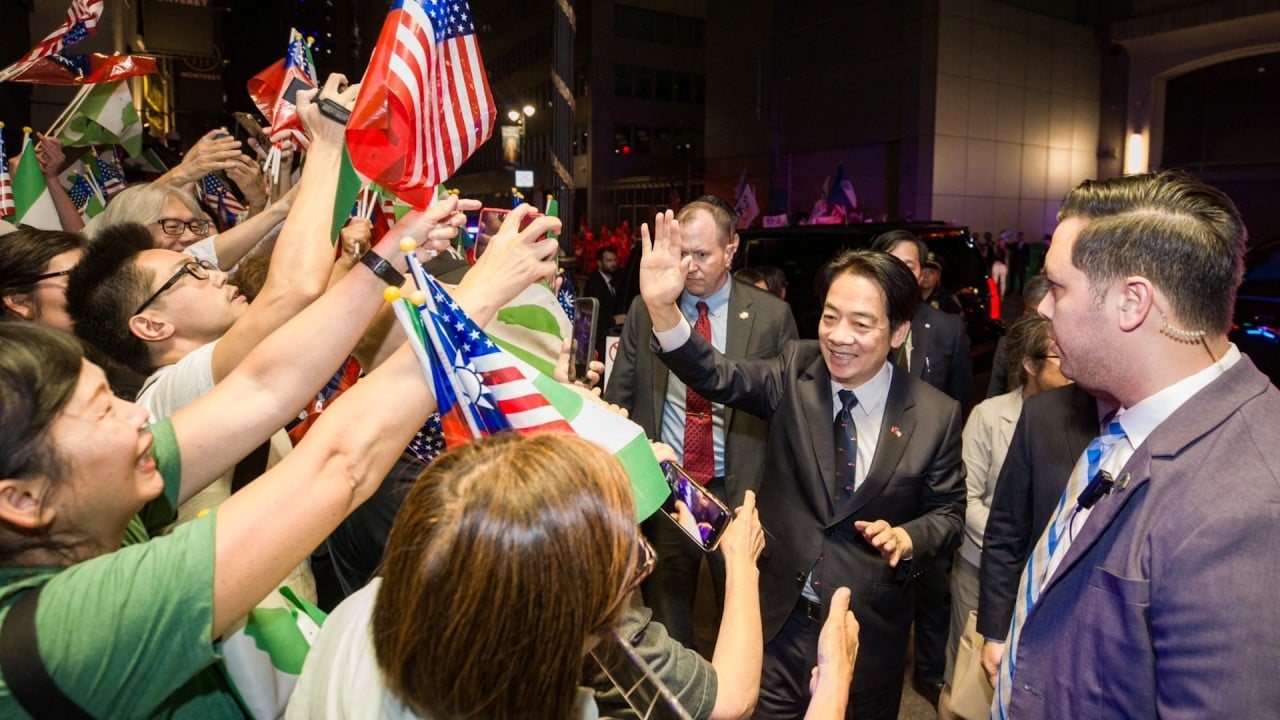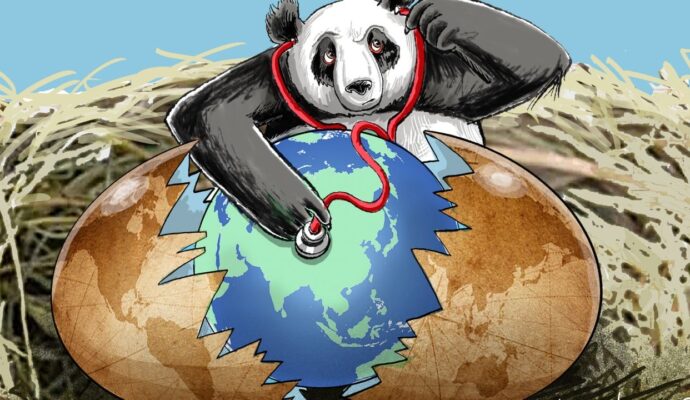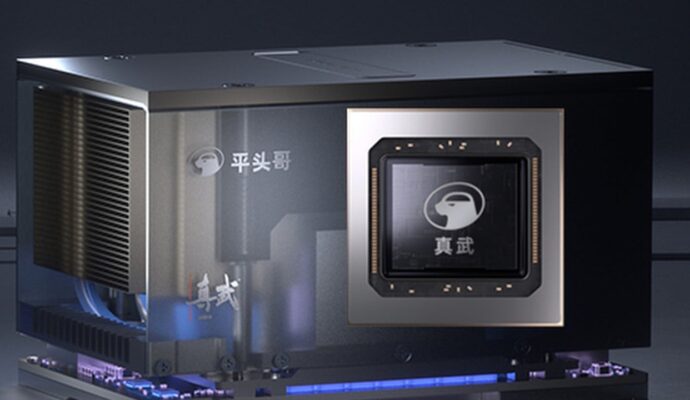The decision came after Eric Chu Li-luan, chairman of the main opposition Kuomintang (KMT), and Ko Wen-je, leader of the smaller Taiwan People’s Party (TPP), met on Monday for their first-ever inter-party talks.
They discussed areas for possible cooperation, including cross-strait, security, environment and energy issues.
The two leaders also agreed to join forces in the January 13 parliamentary polls in a bid to gain maximum seats against the ruling independence-leaning Democratic Progressive Party (DPP).
In a joint statement issued after talks between Chu and Ko on Monday, the two parties said they “will work together to initiate the third round of democratic reform and avert the one-party-domination and winner-takes-all style of democratic autocracy in order to further deepen democratisation in Taiwan”.
The DPP, with 61 lawmakers, holds the majority in Taiwan’s 113-seat legislature, giving it control of the house and policymaking power. The KMT has 38 seats and the TPP five, with the rest held by minor parties or independents.
Both the KMT and TPP are regarded as mainland-friendly parties. On Monday, they also agreed to cooperate to improve cross-strait ties after the presidential election, pledging efforts to “resume peace and stability in the Taiwan Strait [and] restart dialogues based on … the principles of parity, dignity, and friendliness in order to continue to promote exchanges”.
Beijing, which sees Taiwan as breakaway territory that must be reunited, by force if necessary, regarded Tsai’s refusal as a breach of mutual political trust and suspended cross-strait exchanges in response. It has also intensified military operations around Taiwan and poached nine of its diplomatic allies to ramp up pressure on the island.
Taiwan leader says ‘peace is the only option’, as Tsai Ing-wen eyes legacy
Taiwan leader says ‘peace is the only option’, as Tsai Ing-wen eyes legacy
Chu and Ko pledged that their parties would work together to win a legislative majority to act as a check and balance on the power of the DPP and by extension that of the incoming president.
All government department heads in Taiwan must testify to the legislature for works and policies they execute, except the president, whose chosen premier does the job instead. Critics say this practice allows the president to avoid legislative monitoring.
Huang Huei-hua, a senior researcher with the Taiwan International Strategic Study Society, a Taipei-based think tank, said for the KMT-TPP move to succeed, they needed to target the presidential campaign as well.
“The consensus between the KMT and TPP focused on post-election back room deals or pork barrel politics, but without any common ground on cooperation in the presidential campaign, such a consensus would remain empty talk,” she said.
How Taiwanese presidential candidates’ US tours helped ‘clear misperceptions’
How Taiwanese presidential candidates’ US tours helped ‘clear misperceptions’
Discussions on a coalition government and a joint presidential ticket featuring the KMT hopeful, New Taipei mayor Hou Yu-ih, and TPP’s Ko reached a deadlock earlier this month, with neither side willing to give ground on the choice for the presidential candidate and running mate.
Chu and Ko acknowledged that the joint ticket issue was not part of Monday’s inter-party talks.
“With the elections just two months or so away, the two parties have yet to come up with a solution on who would be the presidential candidate and who would be the running mate. How could they be able to convince voters that their collaboration efforts are genuine and win their support?” Huang said.
All opinion polls so far indicate that a joint ticket is the only way the Taiwanese opposition might have a fair chance of victory in the presidential election, as Lai holds on to his lead.


